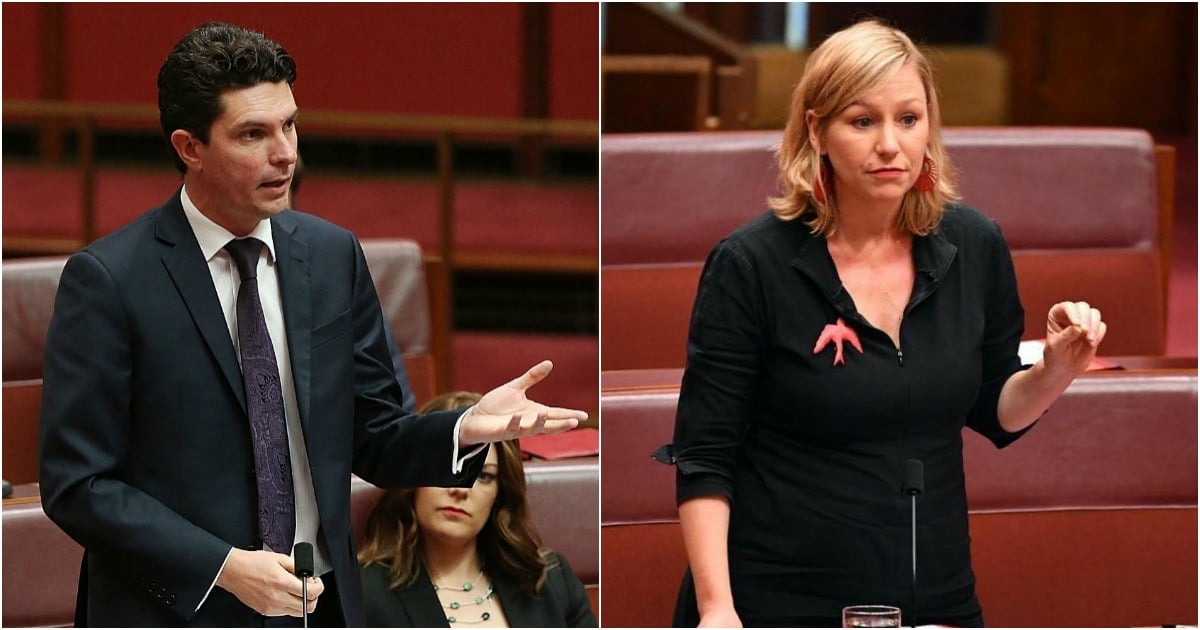So in the past week something remarkable happened in Australian politics that left a lot of us scratching our heads. Two Greens Senators, Co-Deputy Leaders Scott Ludlam and Larissa Waters, resigned from their positions after they both committed a major sin in the Australian parliament.

No, it wasn't using taxpayer dollars on helicopter trips. No, it wasn't a taxpayer-funded trip up to the Gold Coast involving a secret investment property purchase. And no, it definitely wasn't a shady sex scandal.
Dial up the outrage radar, people, because these senators committed the unforgivable sin of (wait for it)…holding dual citizenship. Insert dramatic oh-no-they-didn't music here. And maybe a meme of someone screaming in terror too.


Top Comments
I'm sad for the two green senators because it was very much at the more innocent albeit careless end of the spectrum but the principle is important. People representing Australian voters should never have a conflict of interest over which country comes first. Ultimately their loyalty needs to be to the country and it's citizens first and foremost.
Citizenship is only a part of the issue. I'm still fuming over the influence and access both the labor and liberal parties were giving to non citizen Chinese billionaires. Sam Dastiyari even described one as a constituent! Ironically he went to considerable effort and expense to make sure his citizenship status was correct and he had no link to China other than his willingness to let rich people from there shape his opinion on Australian foreign policy.
Personally I think this is a storm in a teacup and highlights administration issues with the greens in particular. I've listened to many people call up on talkback radio discussing this and what they're all saying generally is that they're not Australian citizens because they hold a dual citizenship! It just means they have 2 and in both cases the senators involved both held other citizenships from other commonwealth countries so I don't really see a big issue. In this modern age, it's very common and the constitution was written in a very different period that did not reflect this. It needs to be changed although other issues need to get addressed first. They've been here since they were children, they've served this country well
I wonder if the 'storm in the tea-cup' excuse would be used if the two Senators were not from the Greens Party? Canada and New Zealand are pretty innocuous countries, but there are quite a few members of the Commonwealth who are not.